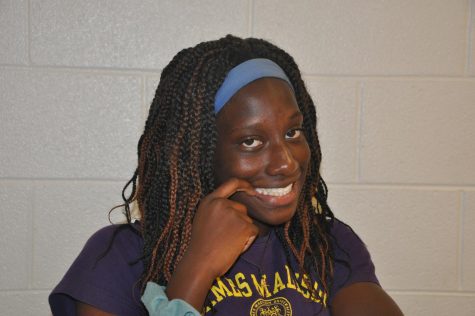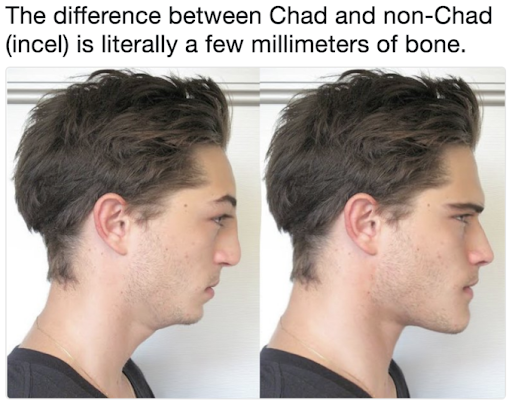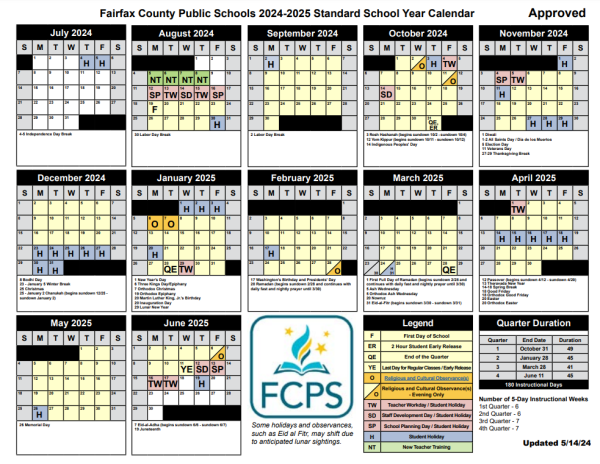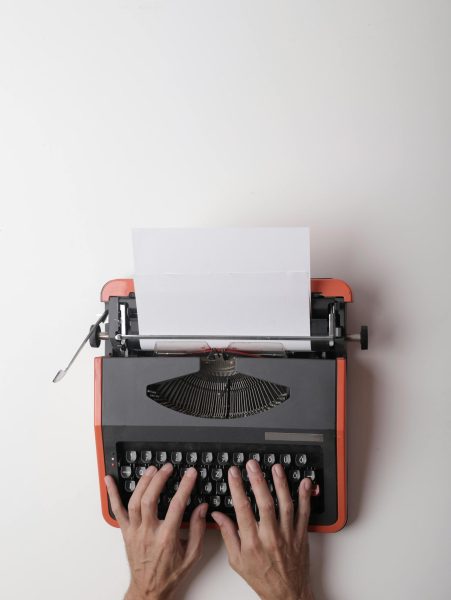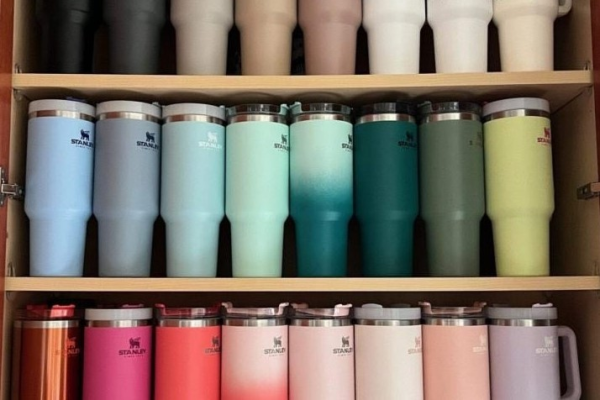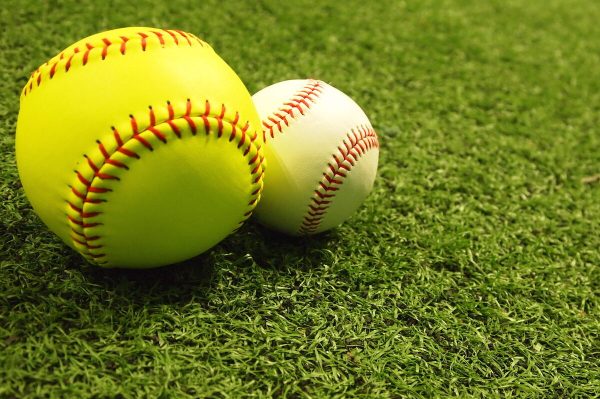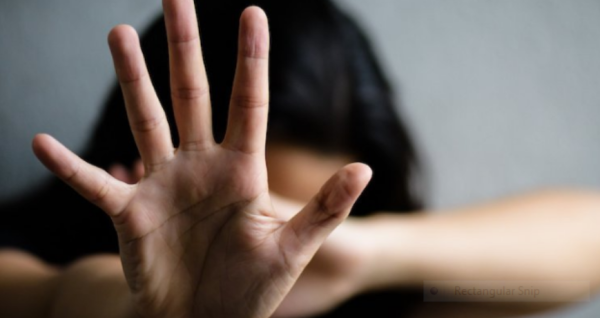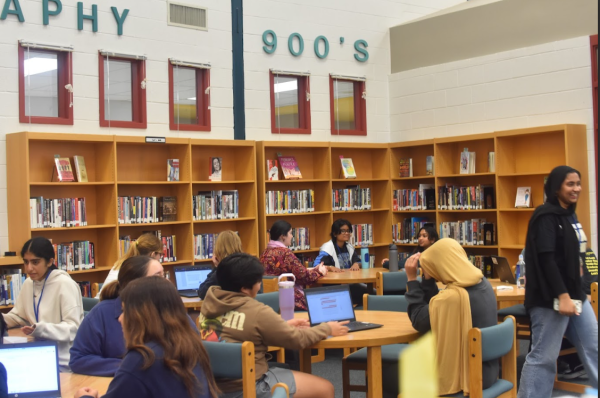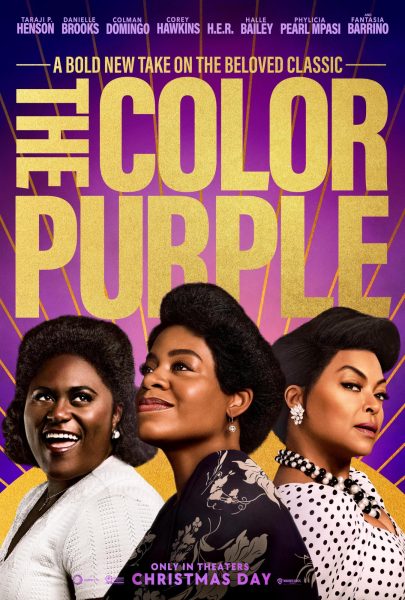RACIAL INJUSTICE: THE BLACK STRUGGLE IN AMERICA
America, the land of the free, created on the principles that we are all created equal and guaranteed the unalienable rights of life, liberty, and the pursuit of happiness.
America, where millions emigrate every year in hopes of achieving the American dream, and where the world admires its progressive culture.
America, where it took nearly 200 years following the American Revolution before black Americans were truly considered free with the victories of the Civil Rights Movement.
America, where millions of black Americans still fight for their rights and continue to face discrimination and racism.
America, where even though we are all created equal, there are those who still refuse to see beyond a person’s complexion.
No matter how many laws have been implemented or protests held, even after 243 years, black Americans still continue to face injustice.
While slavery and Jim Crow laws have receded into history, challenges of high rates of mortality for infants and their mothers during childbirth, stop and frisk, access to higher education, poverty, the wage gap, crime, and racial profiling continue to define the reality of being black in America.
With the rise of videos showing the brutal arrests and assaults of black people across the nation, this new perspective shocks the world. The injustice towards the black community is not foreign but now rather eye-opening. Last week, Will Smith gave a sobering response to the disbelief about the brutality in the viral videos, saying, “Racism is not getting worse, it is getting filmed.”
The deaths of black Americans continue to reflect the larger issue of systemic racism. Courtney Ahn’s illustrated series, “Guide to White Privilege” reveals that black women are four times more likely to die during childbirth; blacks are 30 percent more likely to get pulled over; three times more likely to be suspended from school; two times more likely to be unemployed with a college degree; and also make up 40 percent of the country’s prison population despite comprising only 13 percent of the country’s population.
The frequency of excessive force used by citizens and officers against black people, such as the recent death of George Floyd who suffocated for nearly nine minutes under the knee of an officer, raises concerns about a double standard in law enforcement, and another question: What justifies the use of deadly force?
The country exploded in riots in California during April of 1992 over the abuse Rodney King endured from officers: What justifies a group of officers mercilessly beating a black man leaving him with skull fractures, a broken ankle, and lacerations? A police chase?
After that fatal night in 2012 when an unarmed Florida teenager, Trayvon Martin was gunned down by George Zimmerman, the Black Lives Matter movement (BLM) was born as protesters rallied across the country: What justifies a neighborhood watchman being exonerated for killing a black teenager armed with only a pack of Skittles and a can of Arizona? His spiteful prejudice towards black people?
Protests were launched in the summer of 2014 after Eric Garner was held in a chokehold by a New York police officer: What justifies an officer holding a chokehold as a black man pleads, “I can’t breathe’’ before he goes unconscious, dying an hour later? Selling illegal cigarettes?
A string of protests was sparked during the summer of 2016 in Minnesota over the death of Philando Castile: What justifies the killing of an innocent black man in front of his partner and four-year-old daughter? Forewarning the officer that his gun is with his requested license and registration in the glove box?
Protests over the death of Ahmaud Arbery in Georgia this February were delayed until the video of him being killed while jogging was released months later: What justifies the father-son duo that hunted down and killed a black man jogging through his neighborhood? Their faulty, prejudice assumption?
This past March, protests broke out starting in Louisville, Kentucky over the death of Breonna Taylor: What justifies officers mistakenly conducting a no-knock search warrant on the wrong house and firing 20 bullets killing a black EMT? Her frightened boyfriend firing one shot in self-defense?
Last week, the country began to protest the senseless death of George Floyd who begged a Minneapolis officer to let him breathe: What justifies officers’ suffocation and restraint of a black man as he pleads “I can’t breathe” and cries out for his deceased mother before dying? Having a forged check?
The protests led by the BLM movement alongside other outraged citizens of different races are to raise awareness and call for change in the treatment of black people. Protesters gather and stand against the injustices faced by the victims listed above and every black person whose story does not make headlines and goes unnoticed. BLM protests cry out not in hatred towards the police or any specific race, rather in frustration and anger about the new reality of being black in America.
Throughout the late nineteenth and into the twentieth centuries, thousands of African-Americans were terrorized and lynched often without any consequences for the killers. Killings, such as that of young Emmett Till’s, a 14-year-old African American boy from Mississippi, who was lynched in the summer of 1955 for supposedly offending a white woman, plagues the history of America.
This current reality is one which black Americans now have to fight to not be another statistic and fear whether a traffic stop will end their life. Black parents have to prepare their young black children on how to address the police in fear of a potentially fatal encounter.
Black Americans protest in hopes that one day they will live in an America where the color of their skin does not put them at a disadvantage to getting an education, clean water, and healthy childbirth. They wish for an America where their protests are not met with tear gas and rubber bullets while others can march against quarantine with assault rifles and handguns without interference.
Moving forward as a nation, the first step is to acknowledge the issue of racism against blacks. Starting in the oval office and down to the police force. Only when a problem is admitted can it then be resolved. There must be reform in the conduct of officers and greater accountability for those that use unnecessary force.
Whenever there is injustice, it is important to speak out. America has been reformed by violent protests and looting in the American Revolution, but also famously through peaceful ones by Civil Rights leaders, including Dr. Martin Luther King Jr (MLK) and Cesar Chavez. Both protests encountered many attacks but never retaliated with a single blow or bullet. Those pacifists helped end Jim Crow laws and achieve more humane living and working conditions for all Americans, respectively.
MLK vouched for peaceful demonstrations. He famously said, “Hate cannot drive out hate; only love can do that,” and also acknowledged the rationale behind riots stating, “These conditions are the things that cause individuals to feel that they have no other alternative than to engage in violent rebellions to get attention. And I must say that a riot is the language of the unheard.”
In society, everyone needs to choose to address the issue and choose to be uncomfortable rather than ignorant. Ignoring racism only creates a greater divide, furthers misunderstanding, and fuels the catalyst for violent riots. There needs to be unity through solidarity and empathy instead of pointing blame and choosing hate. Most importantly, there must always be an active choice to love and be kind because the world already has enough hate.
“Where there is injustice, I have always believed in fighting. The question is, do you fight to change things, or do you fight to punish? I remember that all throughout history, the way of truth and love has always won,” said Indian pacifist, Mohandas Gandhi.

